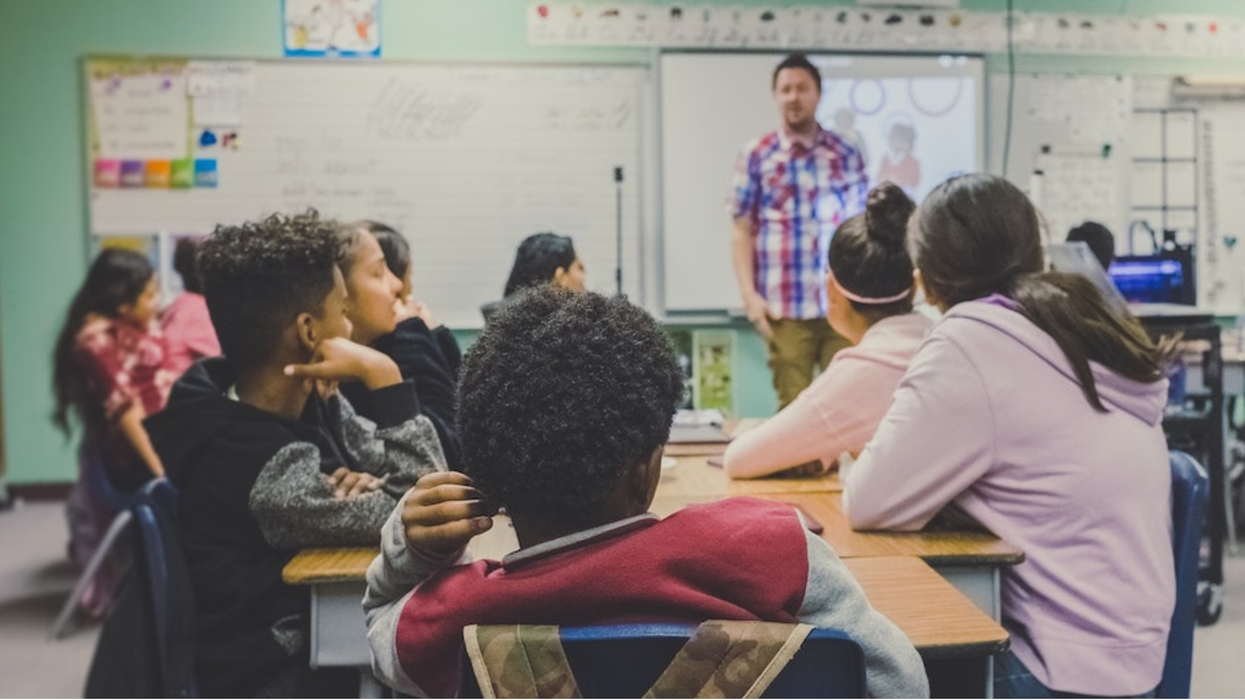We've all heard that "children are our future," but few organizations have connected that sentiment to democracy building like Generation Citizen. Their CEO Elizabeth Clay Roy shares her passion for education, civics, and the power of "action civics" to build a better democracy in this episode of the How to Win Friends and Save The Republic podcast.
Podcast: A new generation of citizens




















